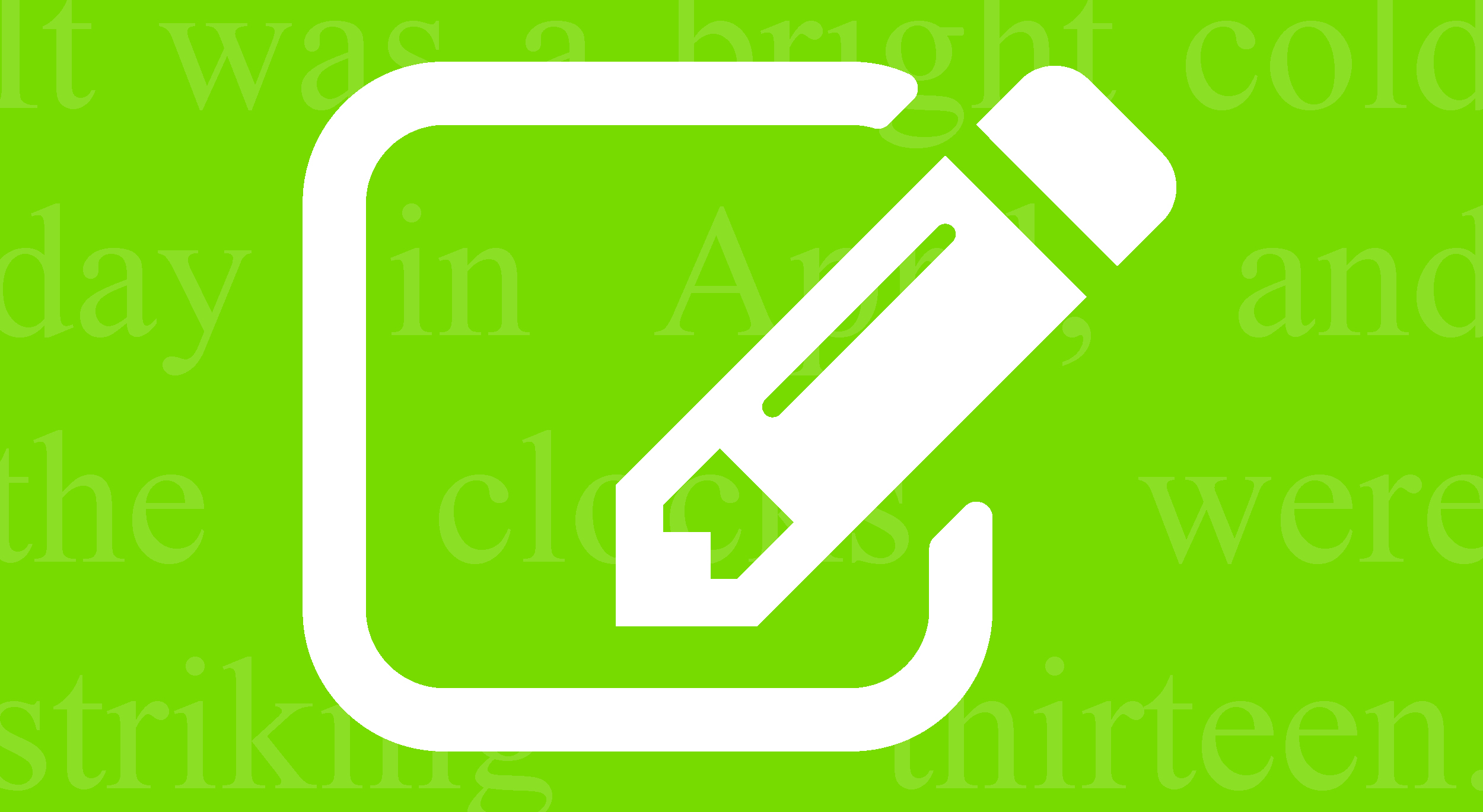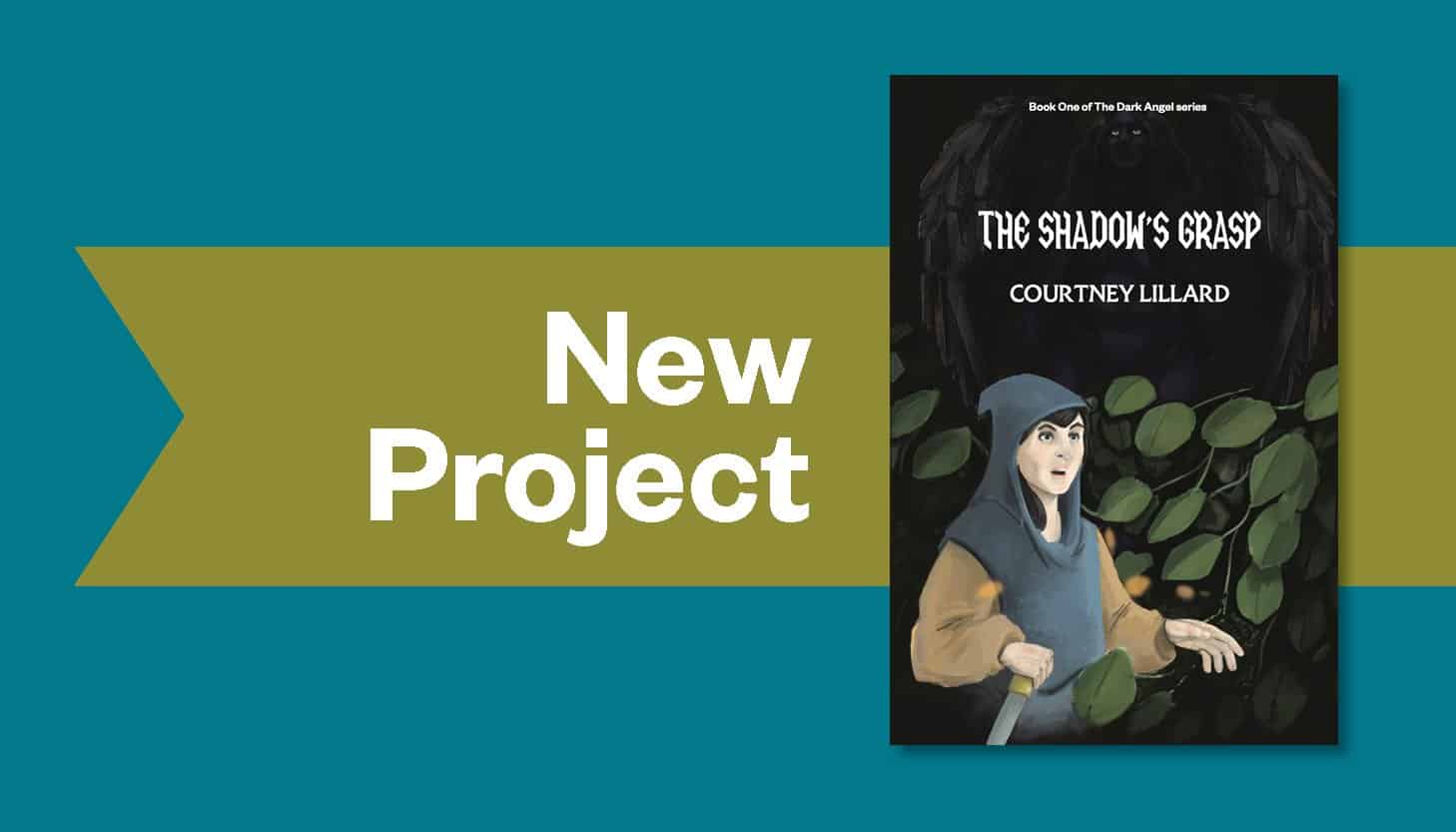
Are you using any of the following social media as your main online presence as an author?
—Goodreads author profile
—Amazon author profile
—LinkedIn profile
—Facebook author page
—Facebook personal profile (mixing business with your personal business)
Why? Because it was free? Because it was easy? That’s perfectly understandable. But has it helped you?
If you’re completely happy with what you have going online and know that it helps you connect with fans; provides a central contact point for retailers, publications, publishers, and speaking venues; helps increase book sales; and gives you a platform to launch new writing and thoughts, then great. Read no further. If, however, you’re feeling like you could do more of all that, read on.
The Advantages of an Author Website
Industry advantage. If you’re looking to get picked up by a major publisher or agent, a solid website will communicate that you are established, marketing savvy, and motivated—in other words, lower risk than someone who hasn’t gone to the lengths you have to establish your online identity as an author. You will also impress bookstores, distributors, conferences, and publications interested in your writing.
Launch pad. Your website will give you the opportunity to promote your new writing, ideas, and future works to your fans. You can offer fans inside information and previews of what they’ll see in future books.
Direct connection. Along with promoting your present and future work, you can ask fans to sign up for your newsletter or email list. You then have a built-in audience, eager to hear about your latest book, reading, signing, speaking event, and future work ideas.
Marketing reach. Anytime you publish new content to your website, you can promote it to your fans and followers by posting a link to it on your social media. If you have an established fan base on your Facebook page, for example, linking to a blog post about your new book in a Facebook post will help drive fans to your site, where they will see all the other great, informative content you have.
Promotion of secondary services and products. Many authors have ancillary or secondary products and services related to their books—courses, coaching, seminars, workshops, paid speaking, and the teaching or reading materials that accompany them. You can use your website to promote these events and products to your fans and establish yourself as a go-to expert for your topic, discipline, or market/industry.
Direct sales. The ease of being able to sell your books online makes it almost crazy not do so on your own website. Some authors don’t want to get involved with order fulfillment, but the objection to dealing with book orders may be overcome by considering the greatly increased profit you make on the books you sell directly. You can also use your ability to sell online to gather preorders for your next book, which will help you or your publisher determine how many copies you need to print.
Control of your content. In this sharing-friendly world, we sometimes forget that what we do on social media isn’t under our control. Facebook, Twitter, Instagram, LinkedIn—any of them can shut down your page or profile at any time, whether mistaken or justified. If you haven’t backed up your content, it may just vanish. This doesn’t happen often, but when it does, it can be devastating. Why worry? With your own website, you have control over your stuff, and unless you do something drastically bad, no one will shut you down.
What Should Be on Your Author Website
Your website should act as your central hub online that everything else you do leads to. Your social media should lead back to pages or posts on your site. Your online profiles should include your website. Your print marketing—business cards, bookmarks, etc.—should include your website. Your books should include your website. Your bio should include your website. In fact, there may not be anything you do to promote yourself and your work that shouldn’t include your website.
Your website itself is an information haven for readers first, then for everyone else. Here is a brief list of content you should include on your site:
Author bio. You probably already have bios online and in your books, but for your website use a professional one, written in third-person, that bookstores and event organizers can use to promote you. Include notable awards, review excerpts, and sales achievements as appropriate.
Books. Devote a page to each of your books, including a cover image and a description that will interest readers in the book. You should have a short (max 100 words) and long description of your book (200 to 500). Link to the retailer websites that sell your book, both print and ebook, and use the link to the specific page for your book, not just the home page of the website. If you’re selling your books on your own website, use your ecommerce software to set up a store for your books.
If you haven’t published your book yet, use a page to showcase your work-in-progress or shorter pieces that you’ve published.
Reviews. Include praise for your books and writing on individual book pages. Limit it to reviewers or media who are recognized and considered legitimate. Amazon and Goodreads reviews from average readers are great, but don’t include them unless you have a large number of four-star or five-star reviews—then mention that as a statistic.
If you can parse out a particularly compelling phrase from a review, use that on your home page, along with any notable achievements or awards. Keep it tasteful, but let people know you are someone they should be reading.
Contact info. How much personal contact information you provide here is up to you and your comfort level, but be sure to provide at least an email form for readers, retailers, and others to reach out to you (and test it to be sure you receive the messages). If you use an agent, publicist, or other professional representative, include his or her contact information as well.
Social media. Link to your social media profiles. If you place the links in the footer, they’ll show up on every page.
Email signup. Include a form or a pop-up to ask your fans to sign up for your newsletter or email list.
Blog. If you haven’t considered blogging before, you might consider it now. Most of the other information on your site is relatively static, with the exception of books (we hope). Adding a blog gives you the ability to post about events and other things that you would include—and link to—in your newsletter or email. It also shows that your site is active, which may help it show up in search engine results. It’s another way to reach out to fans and provide them with sneak peeks of upcoming books or chapters and other relevant information. As mentioned above, you can also use your social media to link back to your blog posts, increasing traffic to your site.
Why Wouldn’t You Do an Author Website?
There isn’t a good reason not to do an author website. No budget? There’s always a lower-cost service available. No time? Get someone to help you develop it. If you want to do something badly enough and you see the value in it, there’s always a way—just like writing a book.


